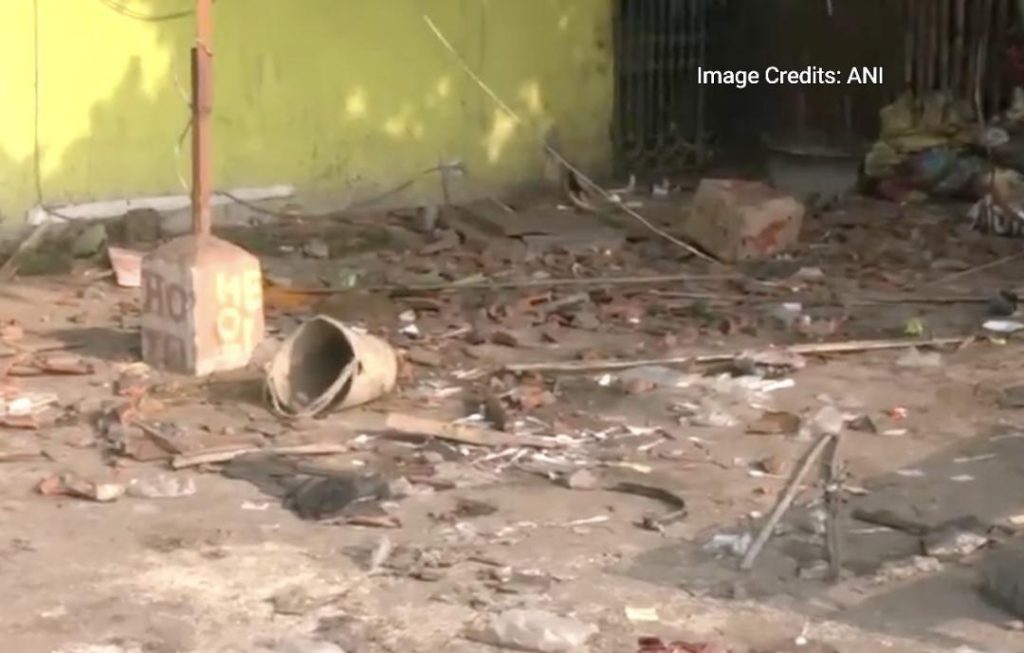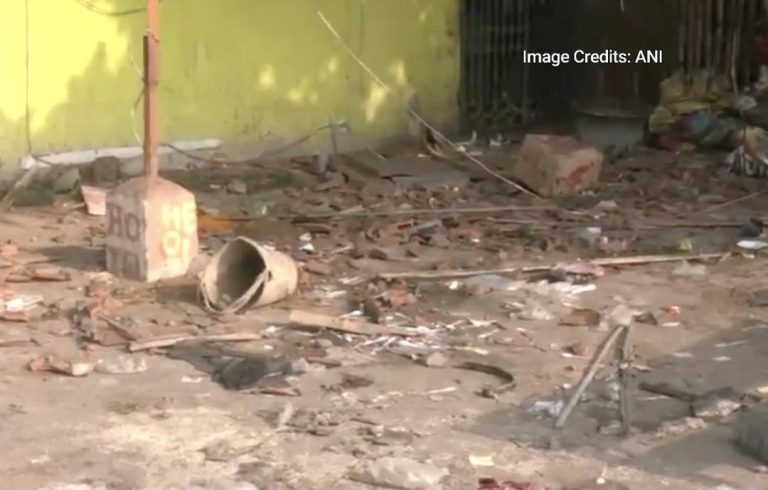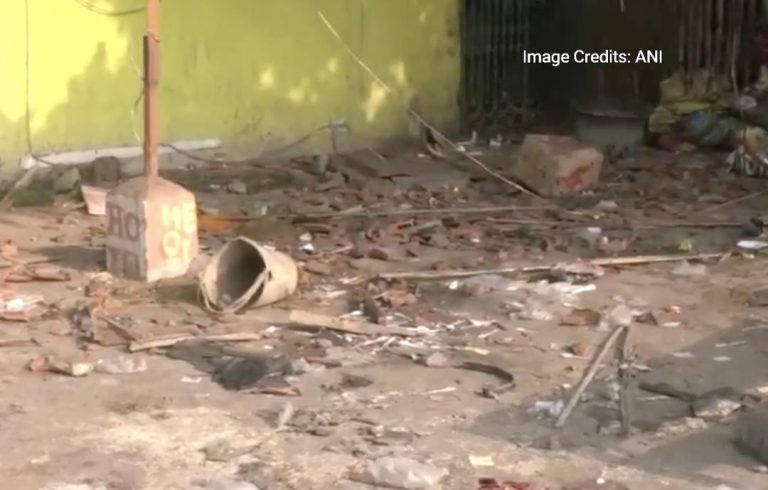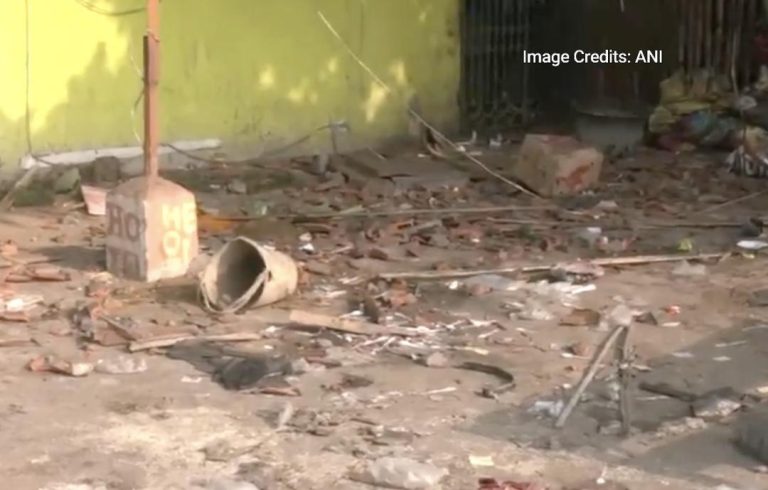
5,000 Disrupt Services & Pelt Stones at Bengal Railway Station during Protest against Waqf Act
West Bengal has been witnessing intense protests against the new Waqf Act, which has led to disruptions in daily life, including train services. Recently, nearly 5,000 people gathered at the Dhulianganga railway station, disrupting train services and pelting stones, causing significant inconvenience to passengers.
According to reports, the Kamakhya-Puri Express was severely affected due to the protests. The mob, which gathered at the station after 1 pm, started stone pelting and destroyed several things, making it impossible for the signal to be passed. This led to a significant delay in the movement of the train, causing frustration among passengers.
The protests against the Waqf Act have been ongoing for several days, with various groups and organizations coming together to express their discontent. The new Act aims to reorganize and strengthen the Waqf board, which manages Islamic religious properties. However, several groups have raised concerns about the Act, claiming that it is aimed at curtailing their rights and privileges.
The protests have become increasingly violent, with reports of stone pelting, vandalism, and clashes between protesters and police. The authorities have been trying to negotiate with the protesters, but so far, no solution has been reached.
The disruption in train services has caused significant inconvenience to passengers, many of whom were traveling for important reasons. The Kamakhya-Puri Express is a popular train route that connects the city of Guwahati with the state capital of West Bengal, Kolkata. The delay in the train’s movement has caused significant delays and cancellations, affecting the daily lives of many people.
The incident highlights the growing tensions in West Bengal over the Waqf Act. The protests have become a major concern for the authorities, who are struggling to maintain law and order. The state government has promised to take strict action against those responsible for the violence and vandalism.
In recent days, the protests have become more intense, with reports of clashes between protesters and police. The authorities have deployed additional forces to maintain law and order, but the situation remains tense.
The disruption in train services is not the only issue caused by the protests. The protests have also led to disruptions in other essential services, including electricity and water supply. The authorities have promised to restore normalcy as soon as possible, but so far, no solution has been reached.
The protests against the Waqf Act have become a major challenge for the state government. The government has promised to address the concerns of the protesters, but so far, no solution has been reached. The situation remains tense, and it is unclear when normalcy will be restored.
In conclusion, the disruption in train services at the Dhulianganga railway station is a symptom of the growing tensions in West Bengal over the Waqf Act. The protests have become increasingly violent, with reports of stone pelting, vandalism, and clashes between protesters and police. The authorities have promised to take strict action against those responsible for the violence and vandalism, but the situation remains tense. The incident highlights the need for a peaceful resolution to the protests and the need for the authorities to address the concerns of the protesters.
News Source: https://x.com/ANI/status/1910911058903990608





